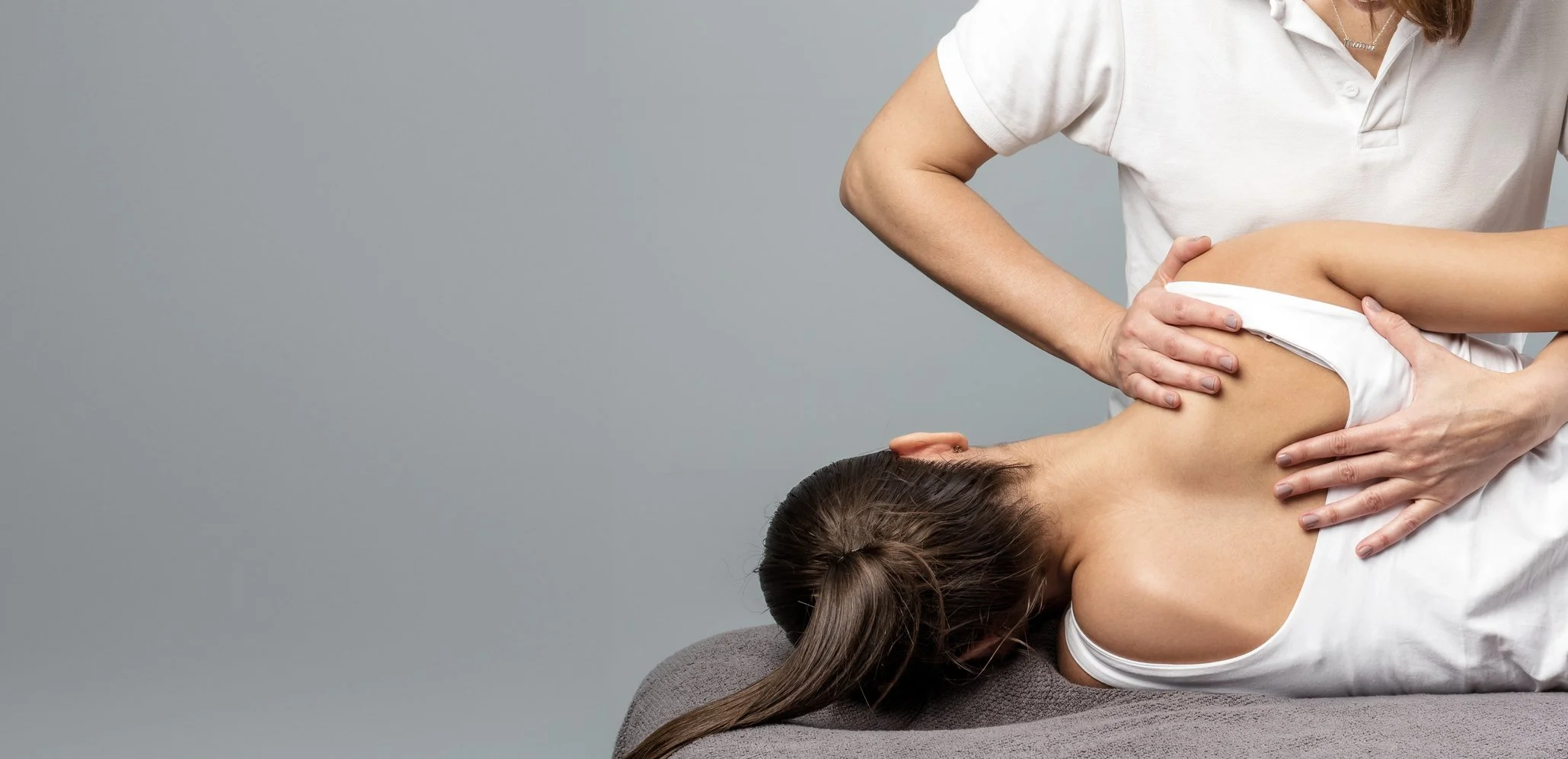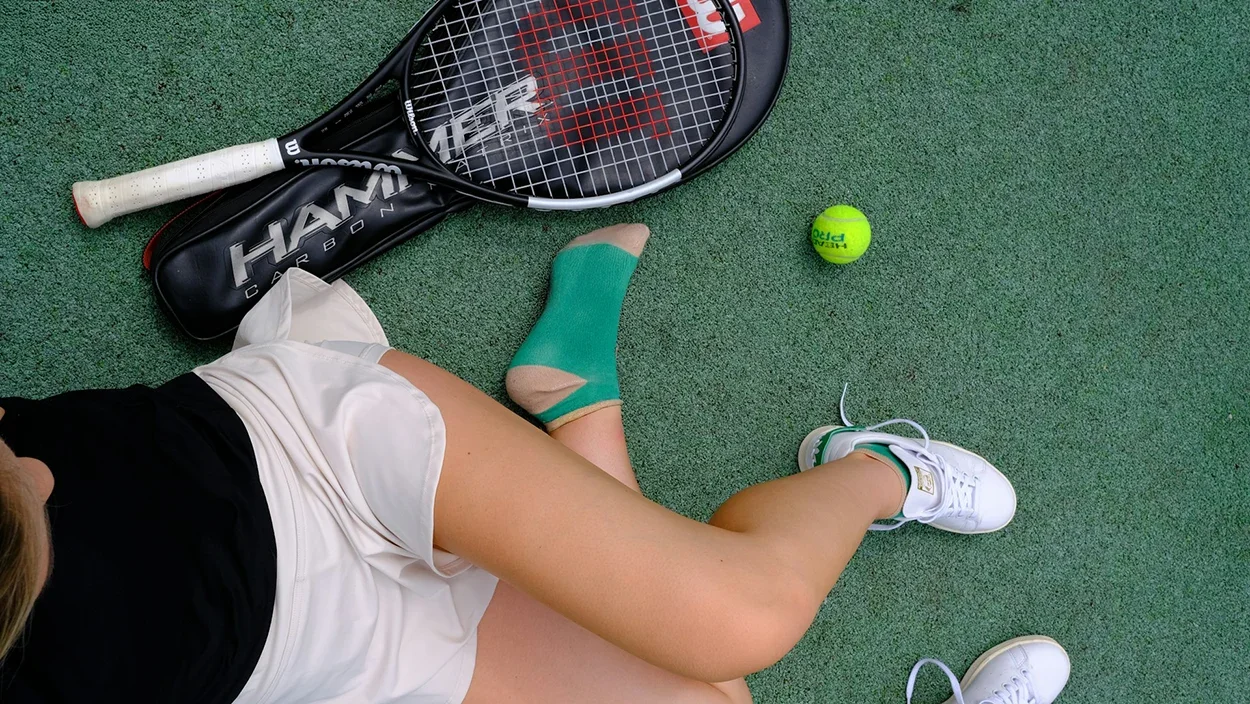Have you strained your back gardening on the weekend? Sprained your knee on the sports field? or just had a hip replacement?
No matter your lifestyle, schedule, or access to care, my goal is to give you the knowledge and tools to move and feel better — whether you're at home with a child, at your desk, on the beach, in the gym, or on the field.
We combine experience and evidence-based research to create realistic, tailored rehab plans that reduce pain, improve function and help you safely get back to what you love.



